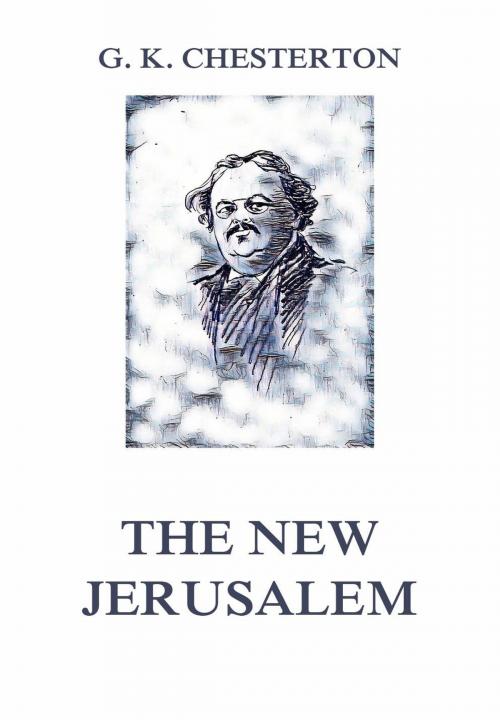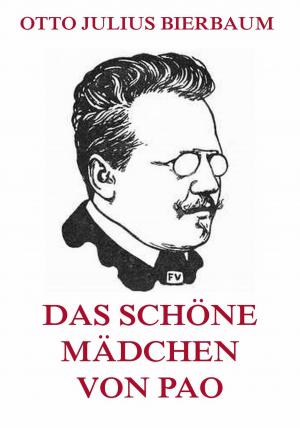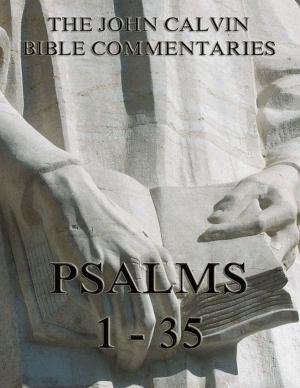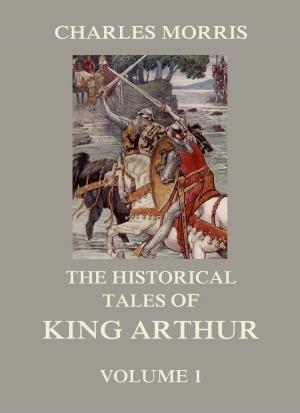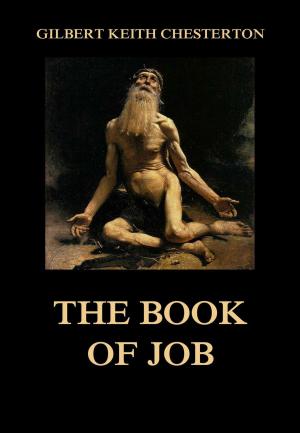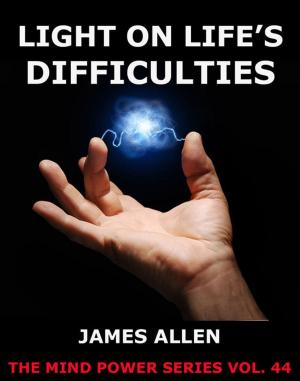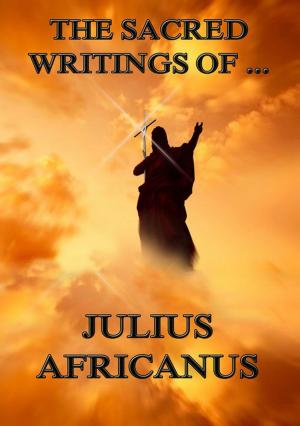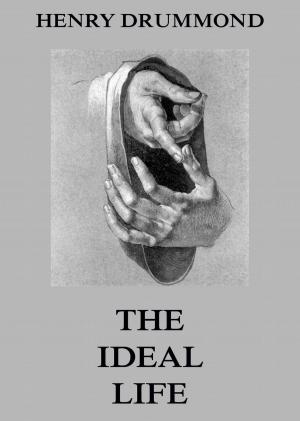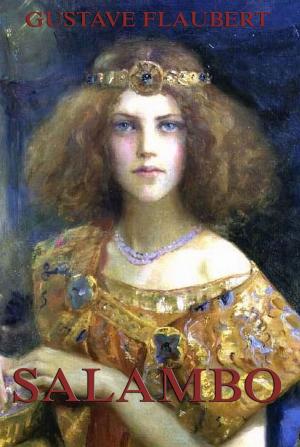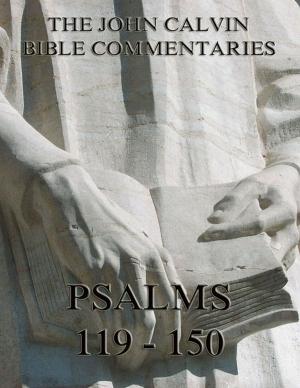| Author: | Gilbert Keith Chesterton | ISBN: | 9783849650940 |
| Publisher: | Jazzybee Verlag | Publication: | January 18, 2018 |
| Imprint: | Language: | English |
| Author: | Gilbert Keith Chesterton |
| ISBN: | 9783849650940 |
| Publisher: | Jazzybee Verlag |
| Publication: | January 18, 2018 |
| Imprint: | |
| Language: | English |
The Zionists have often spoken about the hoped-for Jewish homeland in Palestine becoming a center whence would emanate, as of old, great ideas and ideals. Such a radiation has already begun, but it is interesting, indeed curious, that among the firstlings of the New Jerusalem is a product from the very un-Hebraic pen of Mr. G. K. Chesterton. "The New Jerusalem" is an uneven book; at times a rather confusing book; but it is always thoughtful, always thought-provoking. And when the reader is once thoroughly oriented; when he realizes that he is not perusing a birth-rate, total-population, gross-tonnage-of-export sort of thing, but rather a poetic-philosophic mosaic woven, of reflections inspired by the Holy City—then he is ready to appreciate the matter in hand. "A man cannot," says the writer, "eat the Pyramids; he cannot buy or sell the Holy City; there can be no practical aspect either of his coming or going. If he has not come for a poetic mood he has come for nothing."
The Zionists have often spoken about the hoped-for Jewish homeland in Palestine becoming a center whence would emanate, as of old, great ideas and ideals. Such a radiation has already begun, but it is interesting, indeed curious, that among the firstlings of the New Jerusalem is a product from the very un-Hebraic pen of Mr. G. K. Chesterton. "The New Jerusalem" is an uneven book; at times a rather confusing book; but it is always thoughtful, always thought-provoking. And when the reader is once thoroughly oriented; when he realizes that he is not perusing a birth-rate, total-population, gross-tonnage-of-export sort of thing, but rather a poetic-philosophic mosaic woven, of reflections inspired by the Holy City—then he is ready to appreciate the matter in hand. "A man cannot," says the writer, "eat the Pyramids; he cannot buy or sell the Holy City; there can be no practical aspect either of his coming or going. If he has not come for a poetic mood he has come for nothing."
